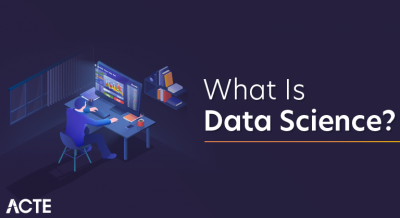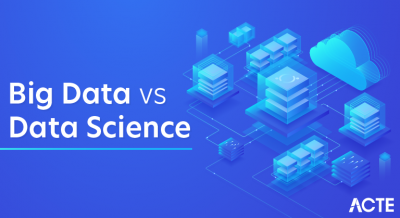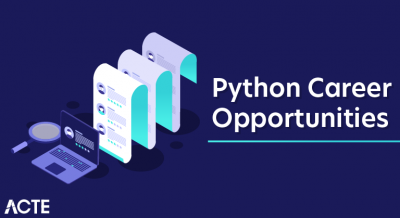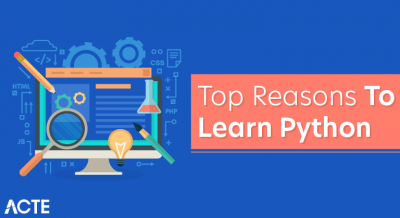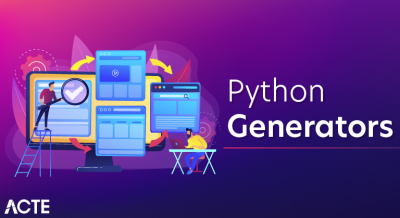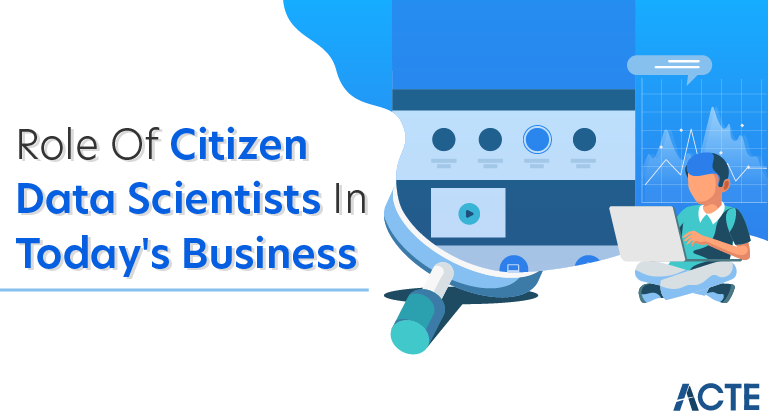
- Data science is a highly interdisciplinary practice involving a large scope of information and one that usually takes into account the big picture more than other analytical fields. In business, the goal of data science is to provide intelligence about consumers and campaigns and help companies create strong plans to engage their audience and sell their products.
- Data scientists must rely on creative insights using big data, the large amounts of information collected through various collection processes, like data mining.
- On an even more fundamental level, big data analytics can help brands understand the customers who ultimately help determine the long-term success of a business or initiative. In addition to targeting the right audience, data science can be used to help companies control the stories of their brands.
- Because big data is a rapidly growing field, there are constantly new tools available, and those tools need experts who can quickly learn their applications. Data scientists can help companies create a business plan to achieve goals based on research and not just intuition.
- Data science plays a very important role in security and fraud detection, because the massive amounts of information allow for drilling down to find slight irregularities in data that can expose weaknesses in security systems.
- Data science is a driving force between highly specialized user experiences created through personalization and customization. The analysis can be used to make customers feel seen and understood by a company.
- The concept of data scientist is derived from some of the most important major technological modern fields, including science, math, statistics, chemometrics and computer science. The mix of personality traits, experience and analytics skills required for this role are rare, so the demand for qualified data scientists is in an upward swing.
- Data scientist topped the list of “50 Best Jobs in America” by Glassdoor in 2016, 2017, 2018 and 2019, based on metrics such as job satisfaction, number of job openings and median base salary. A data scientist job may also be advertised as a machine learning architect.
- Basic responsibilities include analyzing large data sets of quantitative and qualitative data. These professionals are tasked with developing statistical learning models for data analysis and must have experience using statistical tools. They must also have the required knowledge to create complex predictive models.
- Some professionals who might engage in data science work or become full-time data scientists include computer scientists, database and software programmers, disciplinary experts, curators, and expert annotators and librarians. Job postings for data scientists may also advertise the opening as “machine learning architect” or “data strategy architect.”
- The majority of the true Data Science needs we observe today is the support of CxOs by providing them with valuable and unique elements of truth found in large, multi modal and extremely complex data.
- This means engaging in a real exploration journey through a jungle of complex and imperfect data, uncover the holy Causalities to bring a new and unique vision that will finally enable the identification of new pieces of truth about the business.
- However, due to some timidity on the one hand, and to a (relative) lack of resources on the other, companies do not always dare to build a team dedicated to the advanced analysis of their data. Therefore, it often happens that these companies are facing their own Data Warehouse / Lake full of supposedly valuable data with a terrible question:
what should we do with all of this?!
This is when, among all the data-related profiles available, the hype around Data Scientists promising the almost impossible (Can we predict what will be the fashion color of pants in Berlin by 2054?) leads them to bias their research, pushing businesses to hire profiles in the hope that they will be able to:
- install Big Data & Cloud components to manage and ensure a robust access to the data
- analyze the data
- implement or create from scratch Machine/Deep Learning algorithms
- test them, optimize them, industrialize them
- create powerful visual representations of the consequent analysis
- develop APIs and dashboards in order, for everyone concerned, to have a robust access to either the data or the results of the analysis
Each of these steps constitutes a significant workload by itself but, first and foremost, a dedicated expertise! For these reasons, the position of Data Scientist, defined and considered as the above, is more and more qualified as a “unicorn” impossible to find in the real world (except in Scotland4).
“Can we predict the colour of fashionable trousers in Berlin in 2054?”
But the opposite also happens: companies own data that might not require the involvement of a Data Scientist but expect, because of a simple misunderstanding or from bad prior advice, that this profile can magically reveal truths hidden in the data. Data Scientists then get stuck and end up doing the job of Business Analysts or Statisticians. And this « miscasting » affects everyone:
- Data Scientists end up being disappointed because they cannot put their real expertise into practice
- CxOs end up being disappointed because the expected ROI increase might not happen
- Business/Data Analysts end up being disappointed because they are left out despite their tangible and valuable skills
- and the global market, impacted at the end of the line, for the revolution promised by Data Science is being slowed down.
This has created a global distrust and fear around Data Science and Data Scientists, as well as a devaluation of Business/Data Analysts and Statisticians which still are essential pillars of any company’s business data analytics activities.
This inadequate definition of the Data Scientist profile and sometimes of the unclear business needs has left everyone kind of losing out.
Steps to become a Citizen Data Scientist
- Fortunately, becoming a citizen data scientist does not require a degree, or even a rigorous training. If you’re interested to become a citizen data scientist, here are the steps that can help you to embrace your journey ahead.
1. Be inquisitive and ask for access to more data repositories.
- It may happen that you get tired accessing the old data sources and get the citizen data scientist itch! If that happens, it may be the time to ask your supervisor for an additional access to data that is not included in your normal reports and data accessibility.
- If data repositories are opened up in the favour of non-data scientists, the industry can see the strength and benefits that can be leveraged from citizen data science. IBM turned the 2016 Wimbledon tournament into a library of information by expanding data to a very unique group of citizen data scientists. IBM empowered tennis professionals to use their data analysis program, Watson Analytics for an unprecedented insight into players’ performances.
2. Learn the use of Business Intelligence Software’s.
- After you get the access to new sources of data for new insights, it is important for you to know how to use the data friendly analytics tools for business intelligence. Features like advanced self-service data preparation, behavioural analytics, graph analytics, location analytics, web analytics and smart data discovery will help you inch one step closer to become the citizen data scientist who is the current toast of the technology world.
- Advanced self-service data preparation has assisted Sears transform its business intelligence analysts into citizen data scientists. The giant has invested in Platfora’s big data discovery software solution and has granted data access to 400 of their analysts. As a result, these analysts were able to deploy customer segmentation techniques to improve product recommendations for customers on the Sears website.
- Learning to use advanced analytics offers a lot of benefits, depending on one’s learning capabilities it may only take one to two weeks to get up to speed. In today’s times, most vendors offer tutorials, community forums and training to meet the demand.
The benefits are available to all
- Machine learning has traditionally been viewed as requiring extensive resources, time and technical expertise, which often includes hiring data scientists – a highly specialized field where talent demand currently outstrips supply. Beyond this, data scientists are often too separated from a business problem to contextualize it and understand the full impact it has on operations.
- Enter the citizen data scientists – employees not operating in dedicated data science or analytics roles, who can use a humanized machine learning platform to explore their data and easily deploy models to unlock the value it holds. Thanks to user-centric platforms, current employees can enjoy access to machine learning technology without the need for specialist training. This is a significant milestone in empowering data owners to quickly master their own data and complete operations at scale, without significant investment or expertise. At the company level, this puts advanced machine learning solutions into the hands of small and mid-sized organizations and their employees, who may be lacking data science expertise. But the increased accessibility of machine learning also generates fresh opportunities for data scientists, freeing up their time to get closer to business problems and focus their skill set on innovation for digital transformation projects.

